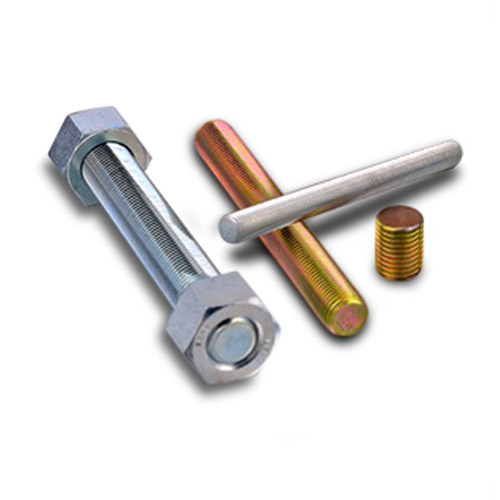micro needle valves
Understanding Micro Needle Valves Precision in Fluid Control
Micro needle valves are specialized devices designed for precise control of fluid flow in various applications. These valves are characterized by their small size and intricate design, which allows for accurate adjustments in the flow rate of liquids and gases. Though they may seem insignificant compared to larger valves, micro needle valves play a critical role in fields such as pharmaceuticals, biotechnology, and fluidic systems.
The primary function of a micro needle valve is to regulate the flow of fluids through a passage. They are equipped with a needle-like component that can be adjusted to create different flow rates. This adjustable needle is controlled either manually or electronically, allowing for real-time modifications. The precision offered by micro needle valves makes them particularly useful in applications where minute adjustments are necessary, such as in the delivery of medication or the mixing of chemicals.
One of the key advantages of micro needle valves is their compact design, which makes them ideal for applications with limited space. In many modern technological setups, space is a premium commodity, and the ability to integrate a small yet effective flow control device can significantly improve system efficiency. Furthermore, their versatility allows them to be used across a range of industries, including medical devices, automotive systems, and even food and beverage processing.
micro needle valves

Micro needle valves are typically made from materials such as stainless steel, brass, or engineering plastics. The choice of material is essential, as it can impact the valve's durability, chemical compatibility, and overall performance. For instance, stainless steel is often favored in applications requiring corrosion resistance, while plastics may be chosen for their lightweight properties and ease of manufacturing.
In terms of construction, a typical micro needle valve consists of a body, a needle, a seat, and a handle or actuator. The needle is precisely machined to create a tight seal against the seat, which helps to prevent leaks and ensure accurate flow control. Some advanced designs incorporate electronic actuators that allow for automated control, enhancing repeatability and precision in fluid management.
Moreover, advancements in manufacturing technologies, such as micro-machining and additive manufacturing, have further propelled the development of micro needle valves. These technologies enable the production of intricate designs with exceptional tolerances, ensuring that the valves can meet the stringent requirements of various applications.
In conclusion, micro needle valves are vital components in modern fluid control systems. Their precision, compact size, and versatility make them indispensable in numerous industries. As technology continues to evolve, the demand for these valves is likely to grow, driving innovations that enhance their performance and applications. Investing in high-quality micro needle valves can lead to improved efficiency and reliability in fluid handling processes, demonstrating their importance in today’s advanced technological landscape.
-
Premium Gas Ball Valves: Safe & Reliable Flow ControlNewsAug.31,2025
-
High-Security Lockable Gas Valve - Tamper-Proof ControlNewsAug.30,2025
-
Reliable Hydraulic Valves for Efficient Fluid ControlNewsAug.29,2025
-
Reliable Electric Actuators for Industrial Valve AutomationNewsAug.29,2025
-
Premium Line Blind Valves for Secure Pipeline IsolationNewsAug.29,2025
-
Premium Electric Valves for Smart Fluid Control SolutionsNewsAug.29,2025
-
Precision Balanced Valves for Optimal System PerformanceNewsAug.29,2025




